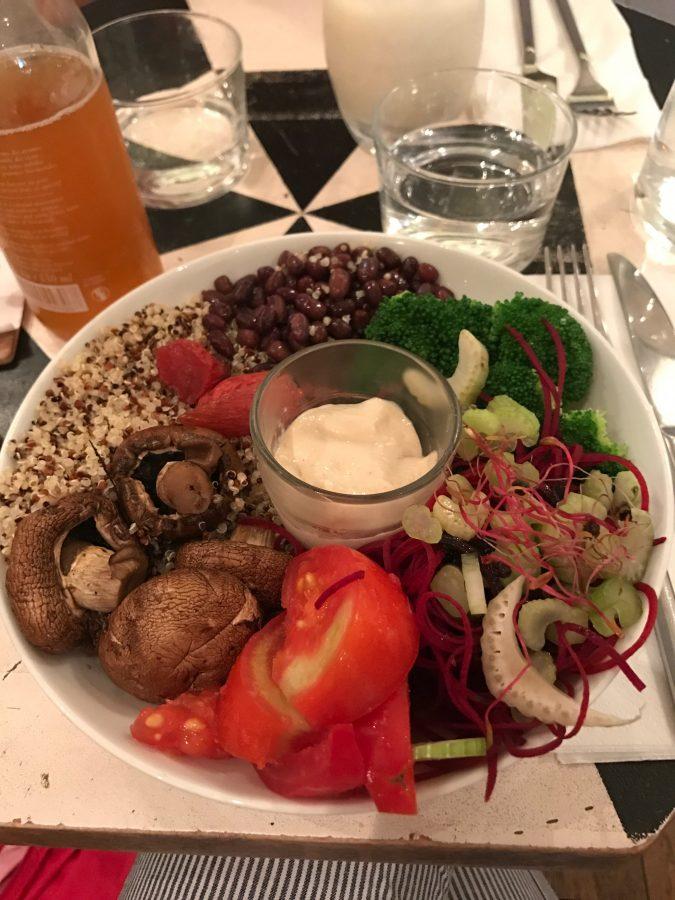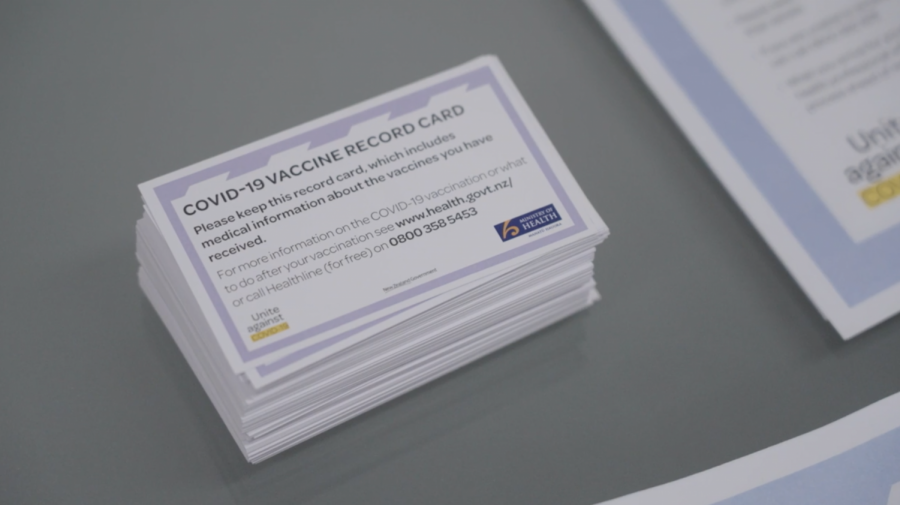Whether it be because of religious beliefs, ethical dilemmas or just plain dietary preferences, vegetarianism and veganism are a growing trend throughout the United States. Wake Forest’s campus boasts of its vegan-friendly dining options, being ranked one of the top-10 vegan friendly universities by Insider and contains a significant population of students with a meat-free diet.
No matter what the motivation is behind a vegetarian diet, it is essential to know how this lifestyle choice can affect your body. There are a lot of preconceived notions and general attitudes that go along with vegans, who are often portrayed as some sort of superhuman species, but some of the realities may surprise you in both good and bad ways.
“When I first went vegan I was always super hungry because I didn’t know how to correctly feed myself,” said sophomore Olivia Field.
Field chose to go vegan about six years ago for health reasons, but has continued for so long because of the negative environmental effects caused by the meat industry. She quickly experienced one of the most adverse effects of a vegan diet: a deficiency of several essential vitamins. Without actively searching for the right greens, vegans and vegetarians may lack sufficient Iron, vitamin D and vitamin B-12. Several of these help with cell growth, brain function and making genetic material, which might contribute to an overall sensation of hunger and lethargy. These vitamin deficiencies can cause migraines, loss of bone density, and digestive issues.
“I get frequent headaches and I know I have low iron and protein so I take supplements,” said Anna Bartlow, a senior who continues to give up all red meat after an extended time of vegetarianism.
Many vegetarians also have trouble getting enough zinc in their system. The lack of this mineral may actually be the underlying cause of why a person’s tastes change when they go vegetarian, which was the case with senior Leah Wright.
“It’s weird because now I don’t really have a palate for meat,” said Wright. “I used to love chicken, but now it grosses me out.”
Along with this shift in cravings from chicken nuggets to broccoli florets, Wright experienced an overall sense of “feeling clean.” Initially, going vegetarian might make a person feel bloated because of a switch in the types of protein, but gradually the fiber and bacteria found in plants are typically better for your digestive system. Another plus side of this smoothly running digestive system and enhanced metabolism is a much healthier and deeper sleep.
While you are dreaming about eating all of the vegetables, you can also dream about the clear skin you can get from a vegetarian diet. Vegetables are full of antioxidants, which help to protect skin from sun damage because they prevent free-radicals from reaching your skin cells. Free-radicals are unstable molecules with an unpaired valence electron and can hurt the skin through intensive oxidation.
One of the not-so-dreamy sides of a vegan diet is the increased amount of time it can take to recovery from an active lifestyle. One of the main differences between plant and animal proteins is their amino acid contents. For humans, it is more difficult to break down plant proteins into usable amino acids for critical functions like cell repair, enzyme production and muscle proliferation. Gradually, your body will become more used to these unique proteins, but the easiest way to help with this process is by adding more protein-rich vegetables like beans.
A change in diet does not just affect the body. Several studies have shown that vegetarians report a better mood than non-vegetarians. Although going vegan may not make you superhuman, it can have some beneficial effects, but it is important to know all the facts.










